As a developing economy, India has numerous developmental aspirations. How India meets these goals without worsening the climate crisis is at the heart of CSTEP's work. Addressing climate change and enabling a secure and sustainable future for Indian citizens require an overhaul of previous paradigms on development and resource utilisation. This is reflected in our work on developing low-carbon trajectories for development with an emphasis on nature-based solutions.
We are working with state governments across India to build capacity on risk and vulnerability assessments to inform their respective action plans on climate change. The transition from fossil fuels to renewable energy is crucial to achieving a secure and sustainable future. CSTEP's studies explore the possibility of a greater integration of renewables in the energy sector.
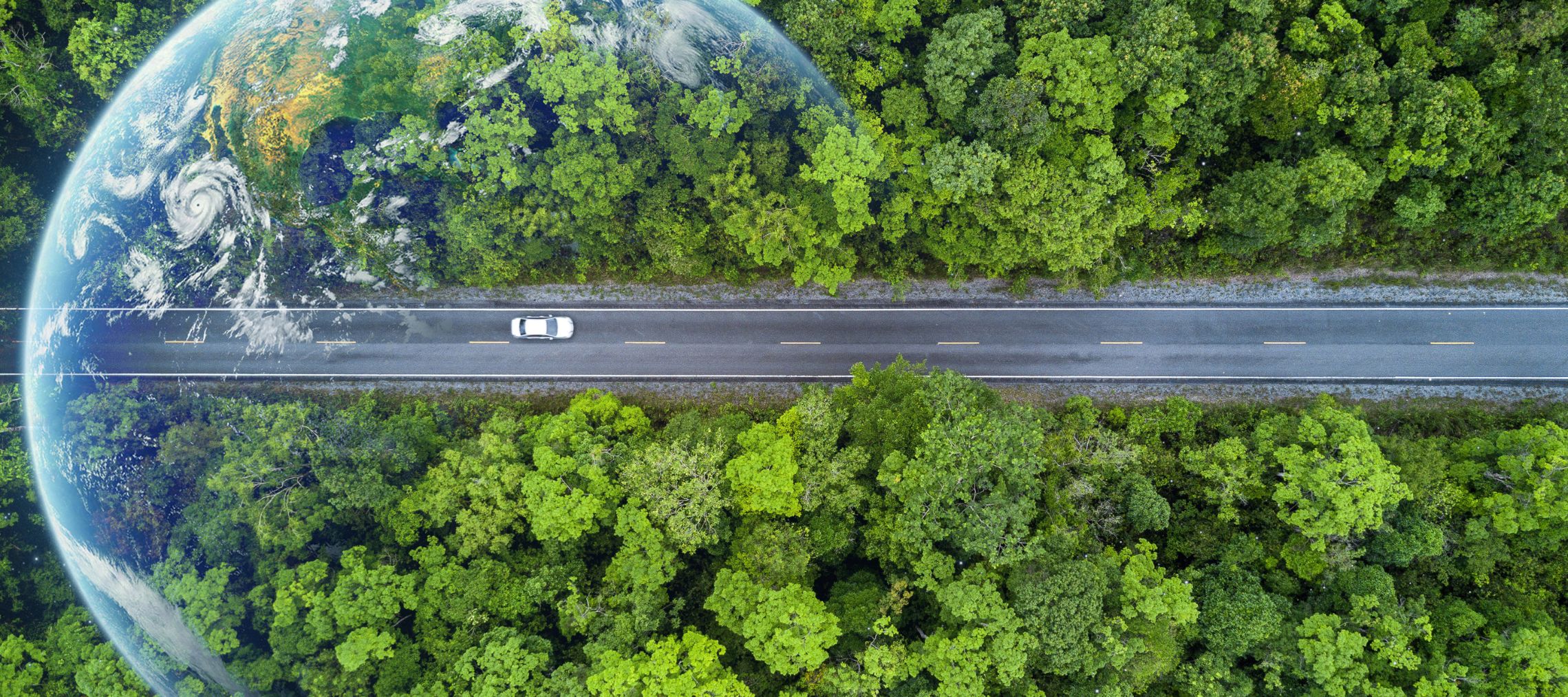
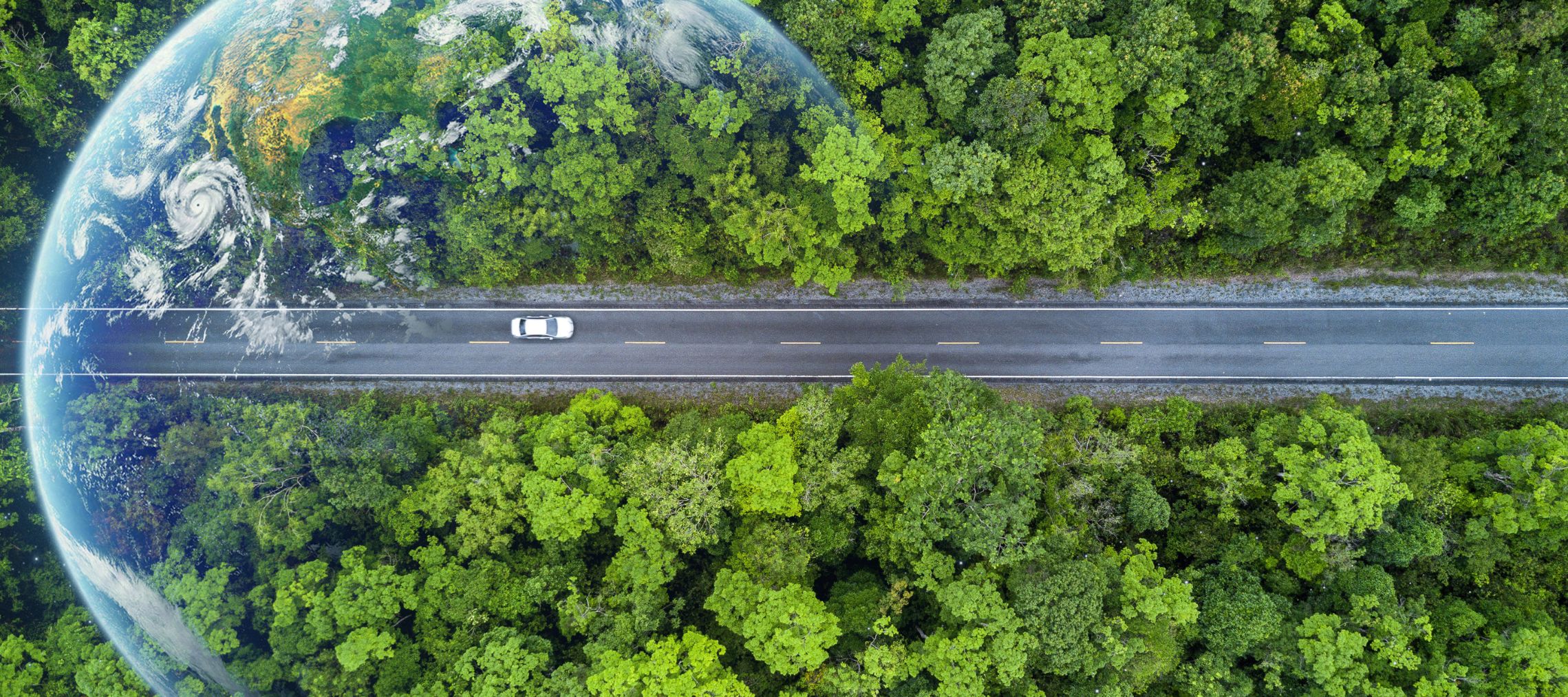
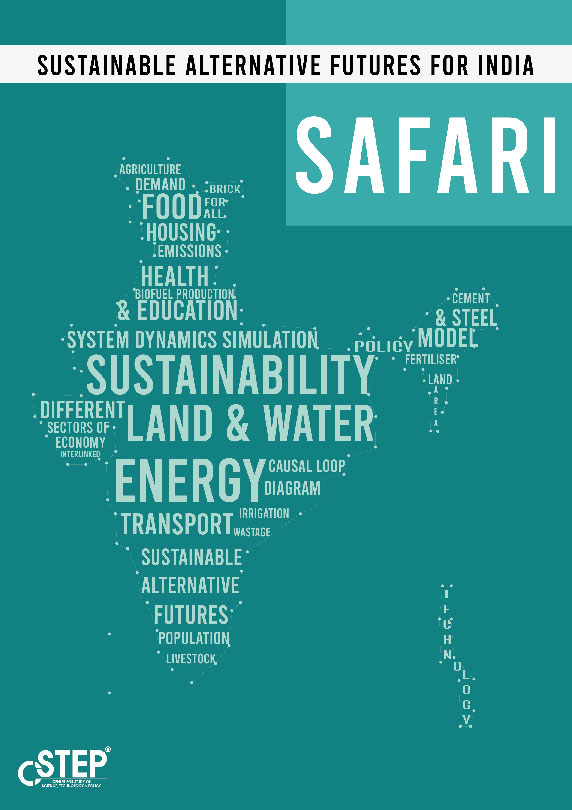

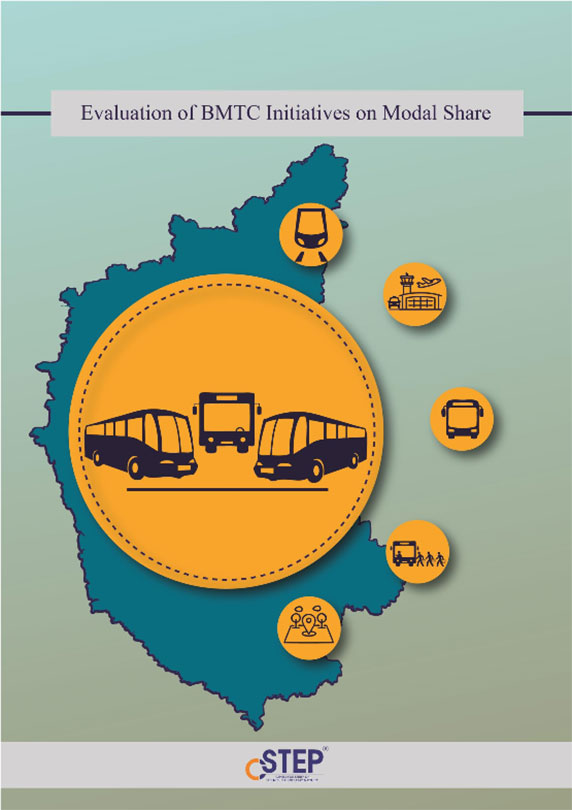
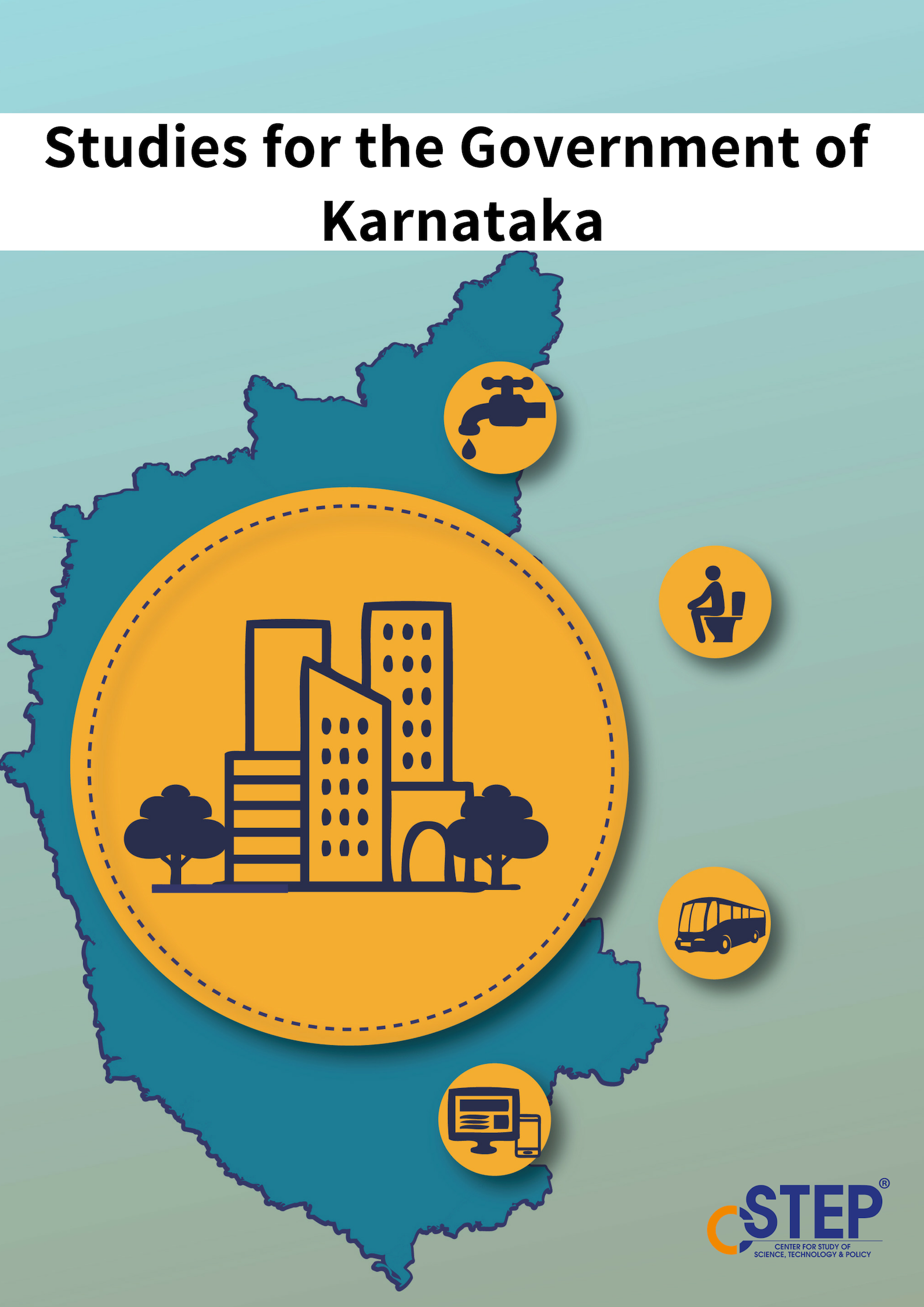

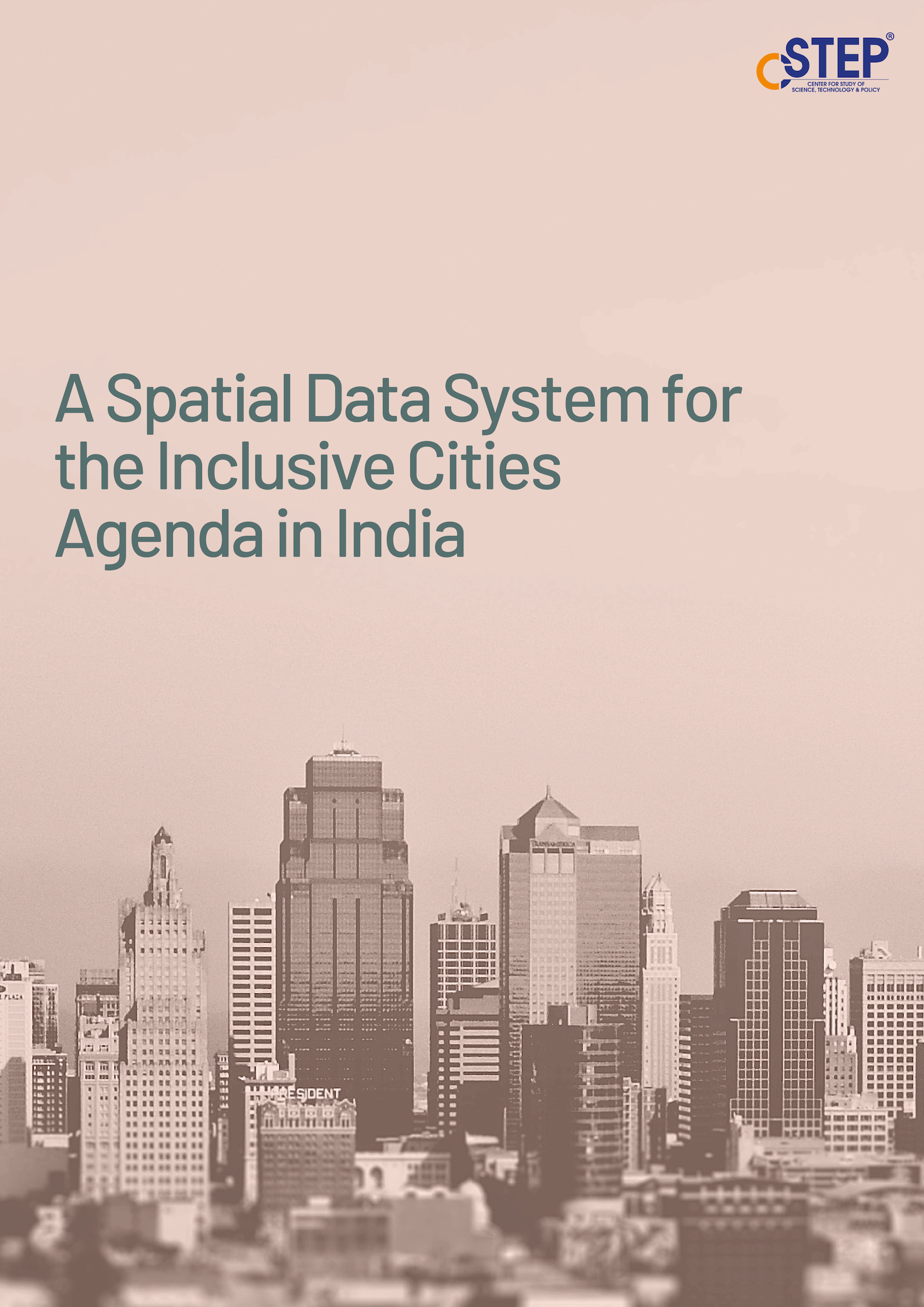
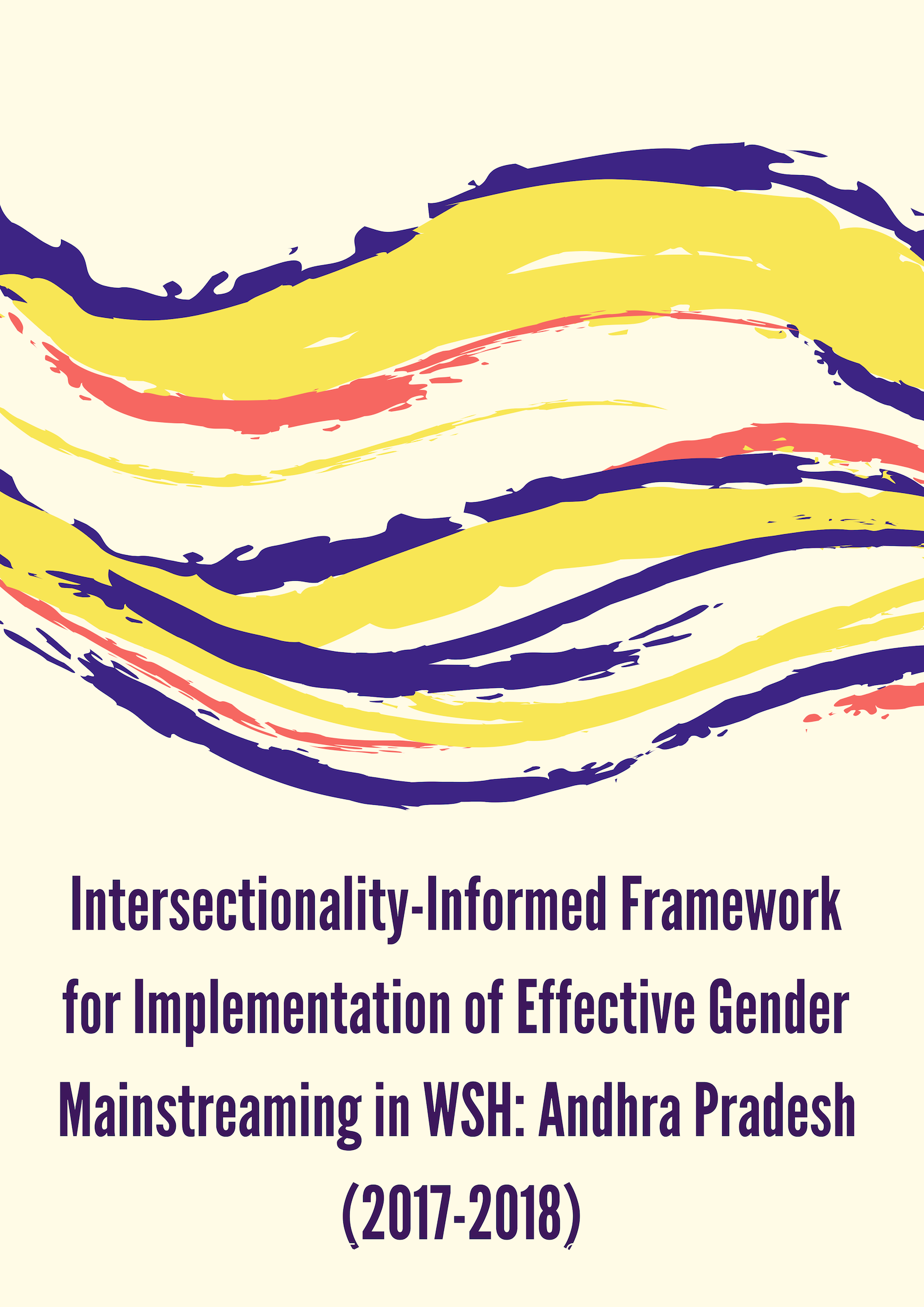
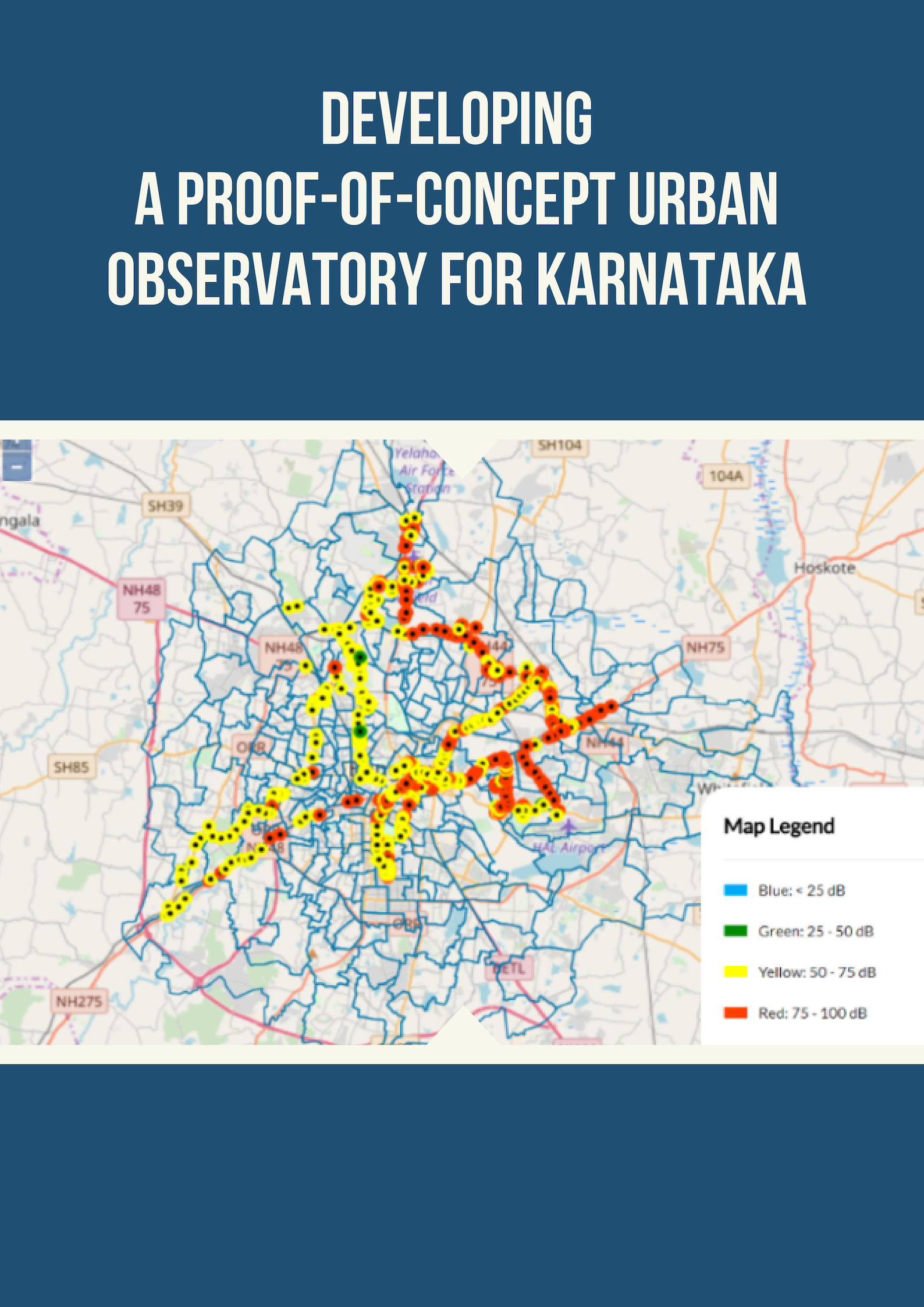
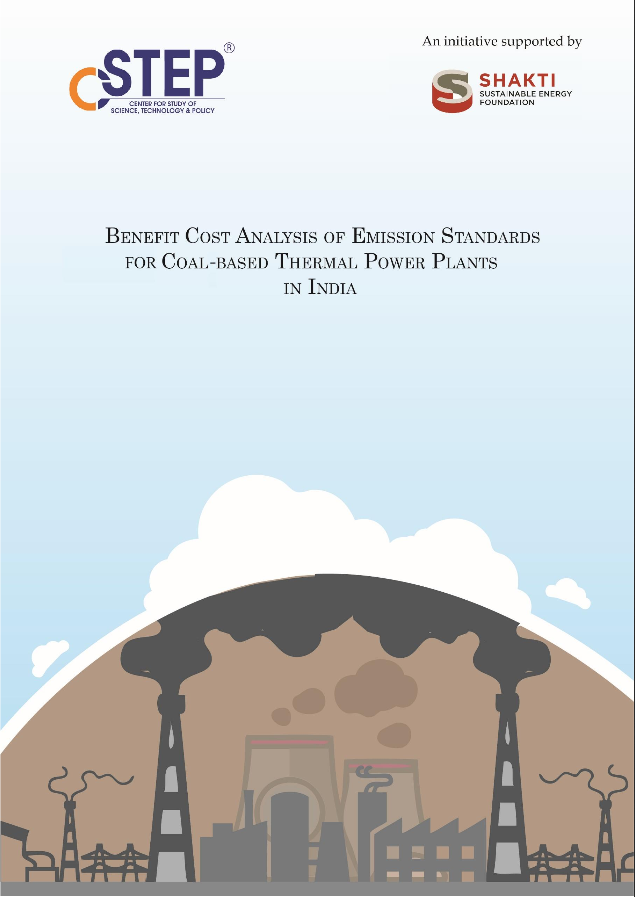


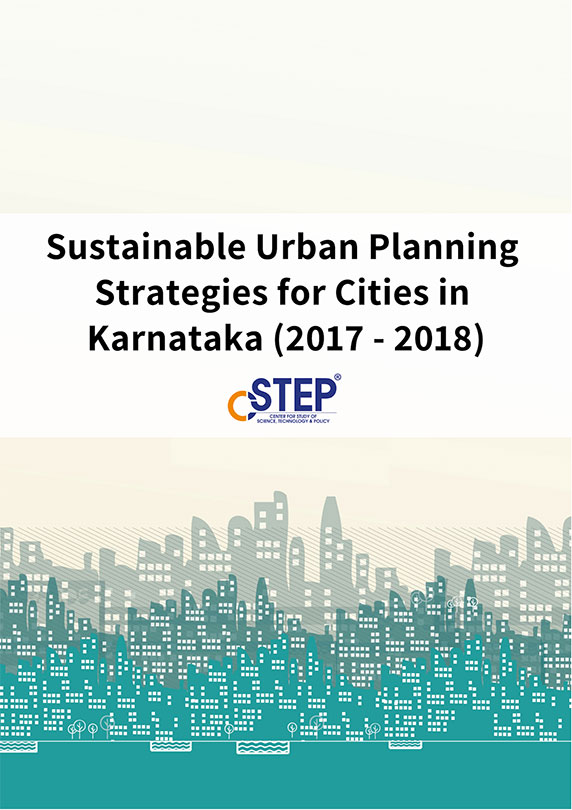




Employing a Systems Thinking Approach in Climate Risk Assessments
The world is witnessing the increasing impacts of climate change at an alarming rate. Wildfires, floods, cyclones, and heatwaves have become uncomfortably common today. Current research in climate sciences tells us that even if we were to completely stop producing greenhouse gases today, we would still face the detrimental impacts of climate change due to historical emissions. Additionally, the impacts of climate change are not felt in isolation.
India committed to achieving net-zero by 2070; new tech to mitigate climate change
Intergovernmental Panel on Climate Change's Sixth Assessment Report has, for the first time in the three-decade history of its reports, dedicated an entire chapter to innovation and technological development. The immense potential of new technologies for climate adaptation and mitigation is being recognised by policymakers and investors alike.
A Comprehensive Recycling Framework and Policy Solutions for Managing Solar Photovoltaic Waste in India
India is among the top five leading countries in solar power installed capacity. Of India’s ambitious target of 500-GW RE capacity by 2030, over 292 GW is likely to be generated using solar power. This increase in installed capacity, while promising, also opens doors to massive waste streams and increased emissions. According to the Center for Study of Science, Technology and Policy’s (CSTEP’s) analysis, India is projected to generate approximately 4.5 million tonnes of solar photovoltaic (PV) waste by 2050.
India’s excess sugar production is guzzling groundwater
In 2021-2022, India surpassed Brazil to become the largest sugar producer in the world, producing 359 lakh tonnes – an all-time high. But this isn’t sweet news: with the resources that go into making all that sugar dwindling at an alarming rate, India’s sugar market might slip into its biggest crisis ever in the coming decades.
Annual Report 2022-2023
We bring you CSTEP’s Annual Report for 2022–2023.
As we look at the past year, we reflect on collaborations that helped us forge impactful strategies to solve some of the grand challenges that the country faces today. Our world-class research founded on solid partnerships will help the country navigate through critical problems, such as climate risk and green energy transition, to shape a better tomorrow. This Annual Report is a throwback to our endeavours and a testament to our efforts in building a sustainable and resilient future.
Unlocking opportunities for climate-resilient infrastructure
Climate-resilient infrastructure refers to the built environment designed and constructed to withstand the impacts of climate change, including rising temperatures, increased precipitation, sea-level rise, and more frequent extreme weather events.
Risk-based adaptation to ease tropical cyclone impacts
Cyclone Mocha — the first storm of 2023 in the North Indian Ocean — killed people, destroyed buildings, and caused economic losses in Myanmar, Bangladesh, Eastern India, and Sri Lanka. Barely a month later, Biparjoy — a rare June cyclone — formed over the Arabian Sea and struck Gujarat and other western states in India.
Tackling plastic pollution through a sustainable approach
Plastic pollution has reached a tipping point, endangering our ecosystems, wildlife, and the very fabric of our planet. This World Environment Day marks the theme ‘Solutions to Plastic Pollution’ to address this urgent global crisis. By collectively committing to sustainable alternatives, responsible consumption, and stringent policies, we can drive the change necessary to combat plastic pollution and restore the health of our environment.
